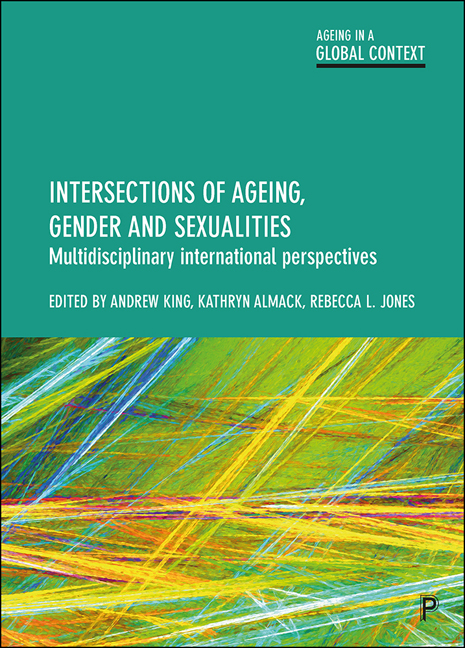nine - Insider or outsider? Issues of power and habitus during life history interviews with menopausal Iranian women
Published online by Cambridge University Press: 27 April 2022
Summary
Introduction
This chapter explores issues concerning the sexuality of Iranian Muslim menopausal women, but focuses on how power was negotiated between me, as an interviewer, and the interviewees throughout the life history interviews I conducted with them. As an Iranian woman conducting interviews with Iranian Muslim menopausal women who practise the Shia Islam faith, I found, in addition to my biography and personal characteristics (such as gender, race, and sexual orientation), what Bourdieu calls the habitus (how I spoke, sat and what I wore) had a significant influence in how I negotiated my status with participants. Thus, I argue for the need to go beyond a focus on intersectional categories per se, and to look at the broader social landscape of power and its process. I do this by employing a Bourdieusian perspective, which considers the symbolic and cognitive elements by emphasising the social practice.
This issue of positionality speaks to debates about being an ‘insider’ or an ‘outsider’. From one perspective, since my gender, nationality, language and sexual orientation were apparently the same as the participants, I entered the research field as an insider, giving me a lived familiarity with my research participants (Griffith, 1988: 361). Yet, I found that simultaneously I was an outsider (not an actual member of the specific group under study) because of my different social status and lived experience as a doctoral student at a British (that is, Western) university. Thus, I had a different set of capitals, from Bourdieu's (1984, 1990) perspective, which raises the question of my position in this biographical life history research. To understand the effect of these on the power relationship and research process, I employ the Bourdieusian approach, as embedded in a specific time and place, rather than intersectionality theory.
I begin this chapter with a brief review of the methodology of my study and some concerns pertaining to power and reflexivity in order to explain how my biographical research approach led me to be conscious of the power relations between myself and the participants. I then clarify how my social location as a researcher affected my research about Iranian Muslim menopausal women, how I consider insider/outsider status when conducting research on the participants and the intersectional nature of these issues in the Bourdieusian conceptual framework.
- Type
- Chapter
- Information
- Intersections of Ageing, Gender and SexualitiesMultidisciplinary International Perspectives, pp. 137 - 152Publisher: Bristol University PressPrint publication year: 2019



